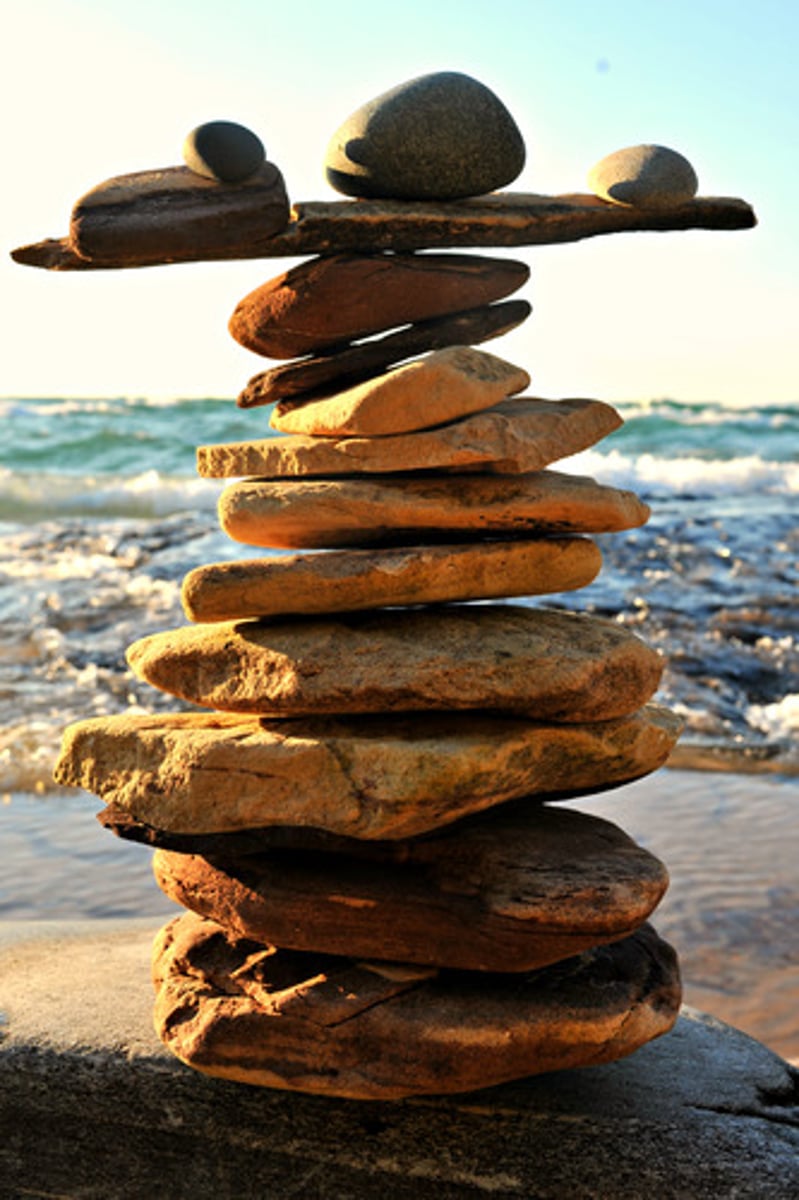Medieval Beliefs about the causes of disease and illness: Medicine stands still, c1000-1500: History: GCSE (9:1)
1/14
There's no tags or description
Looks like no tags are added yet.
Name | Mastery | Learn | Test | Matching | Spaced |
|---|
No study sessions yet.
15 Terms
Malnourishment
Not having enough nutrition from food, probably due to lack of food. Can make people lose weight, catch diseases more easily or, in extreme cases, death
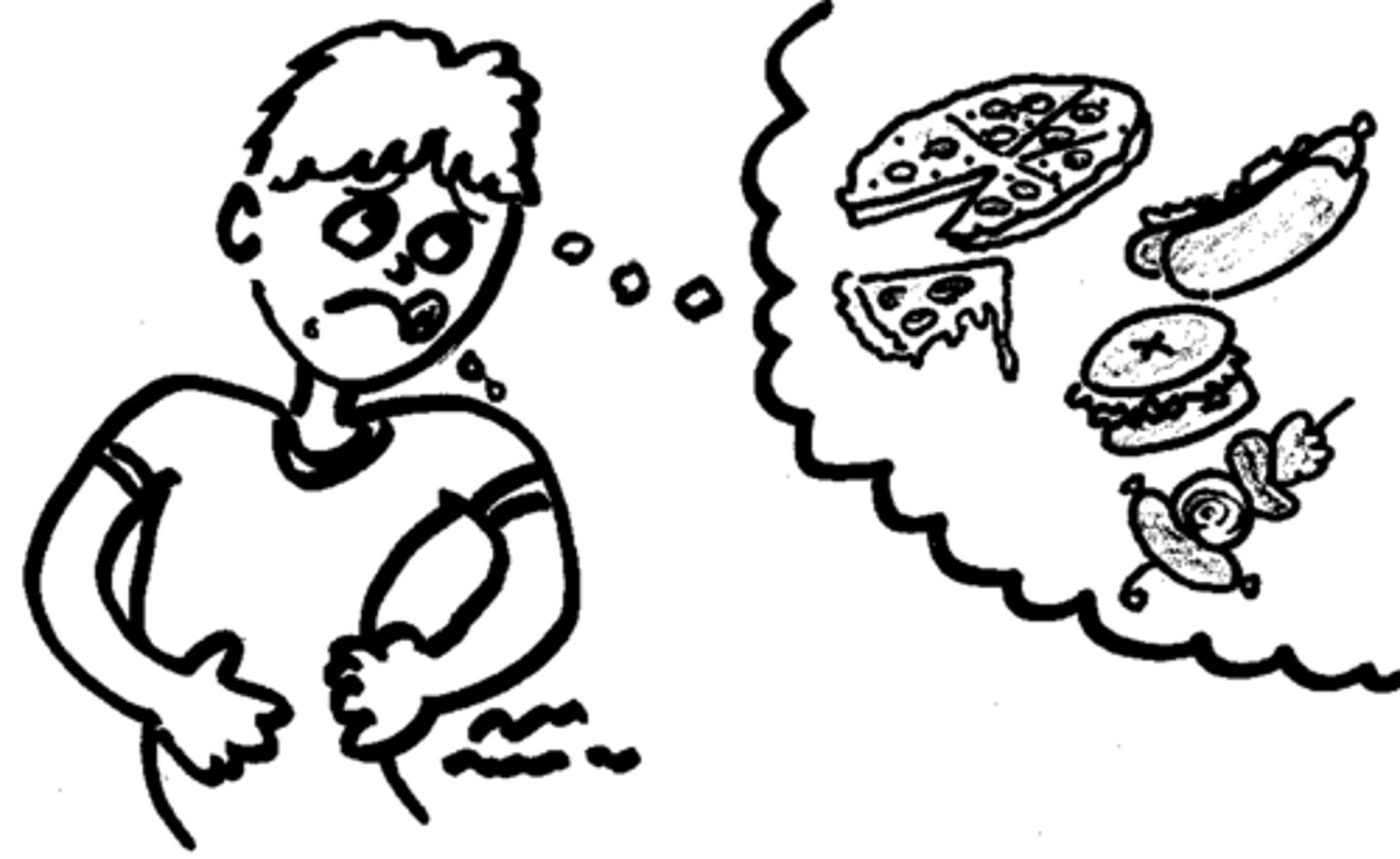
Dysentry
A bacterial infection causing diarrhea (sometimes with blood), leading to dehydration and possible death. Common in the Medieval Eera
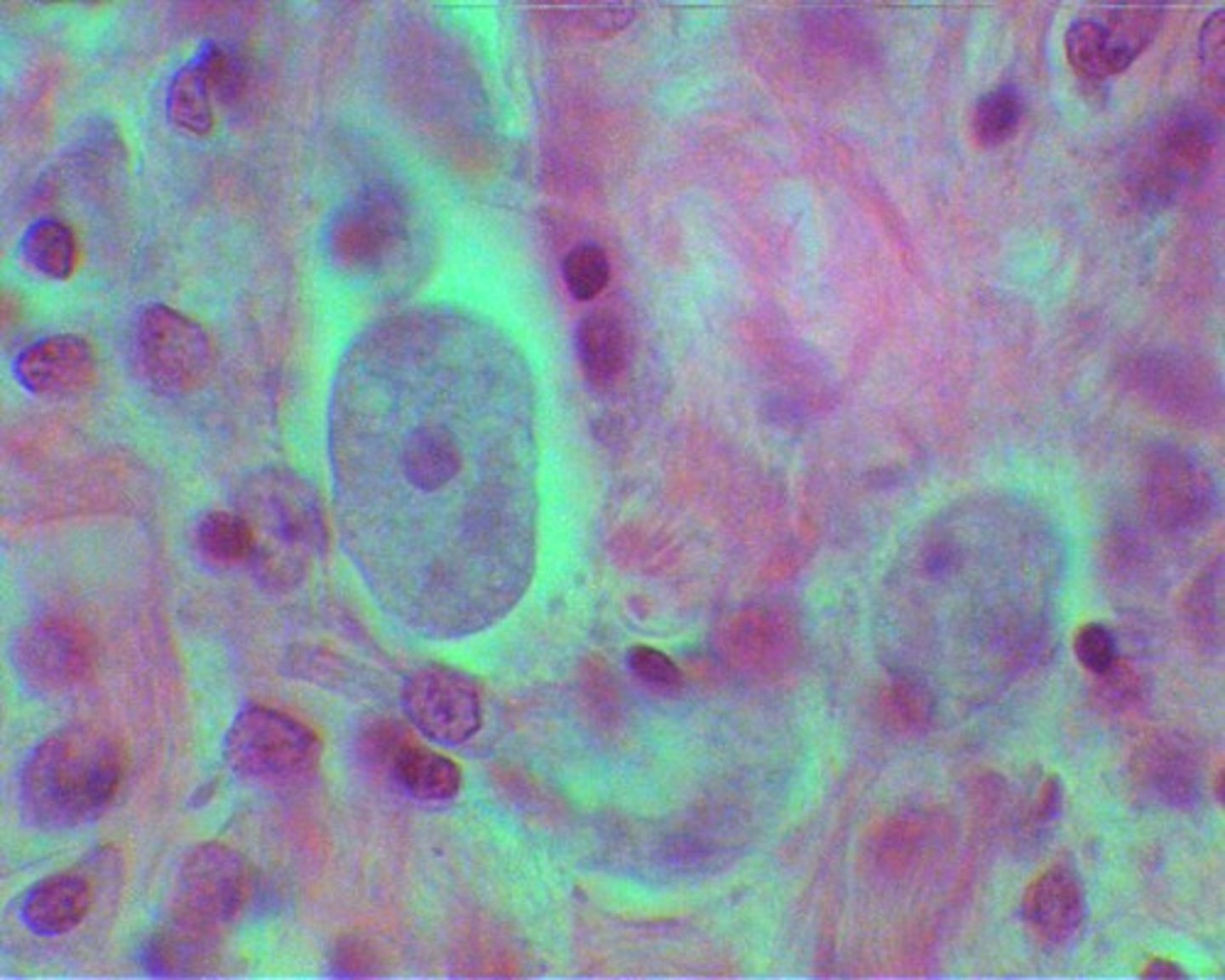
Smallpox
A common disease in the Medieval era resulting in death amongst 1/3 of those infected. Symptoms include fevers, aching and blisters/pocks throughout the body

Saint Anthony's Disease
Caused by fungus that grows on rye which, when ground into flour, was used in bread and could cause rashes, vomiting and even death
Doctrine of Signatures
The belief that God created illness, but also created the herbs and plants to treat that illness. For example, the plant 'eyebright' was used to treat eye infections and saxifrage was used to treat kidney stones because the roots could break rocks whilst growing
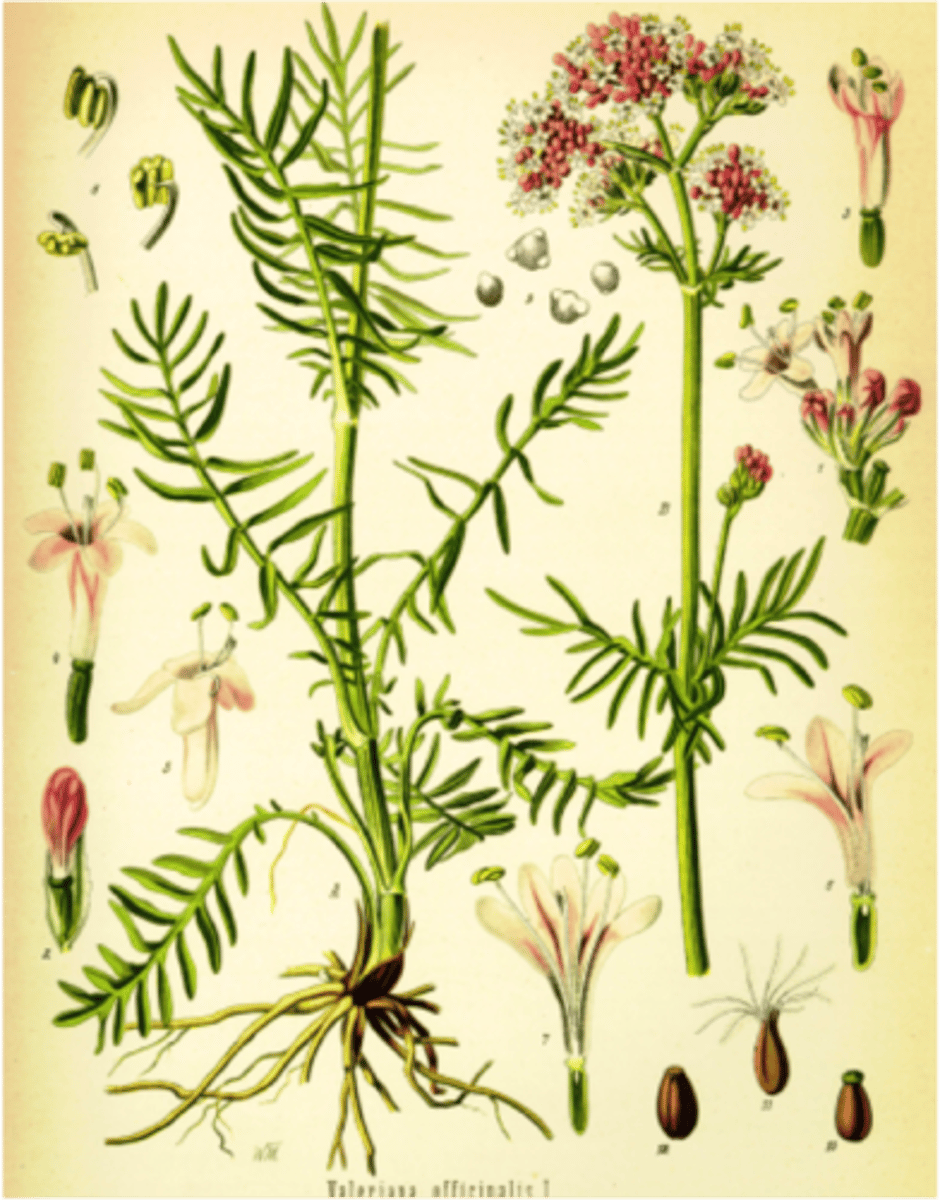
Mortality rate
The death rate amongst the population, usually measured per 1000 people per year OR as a %
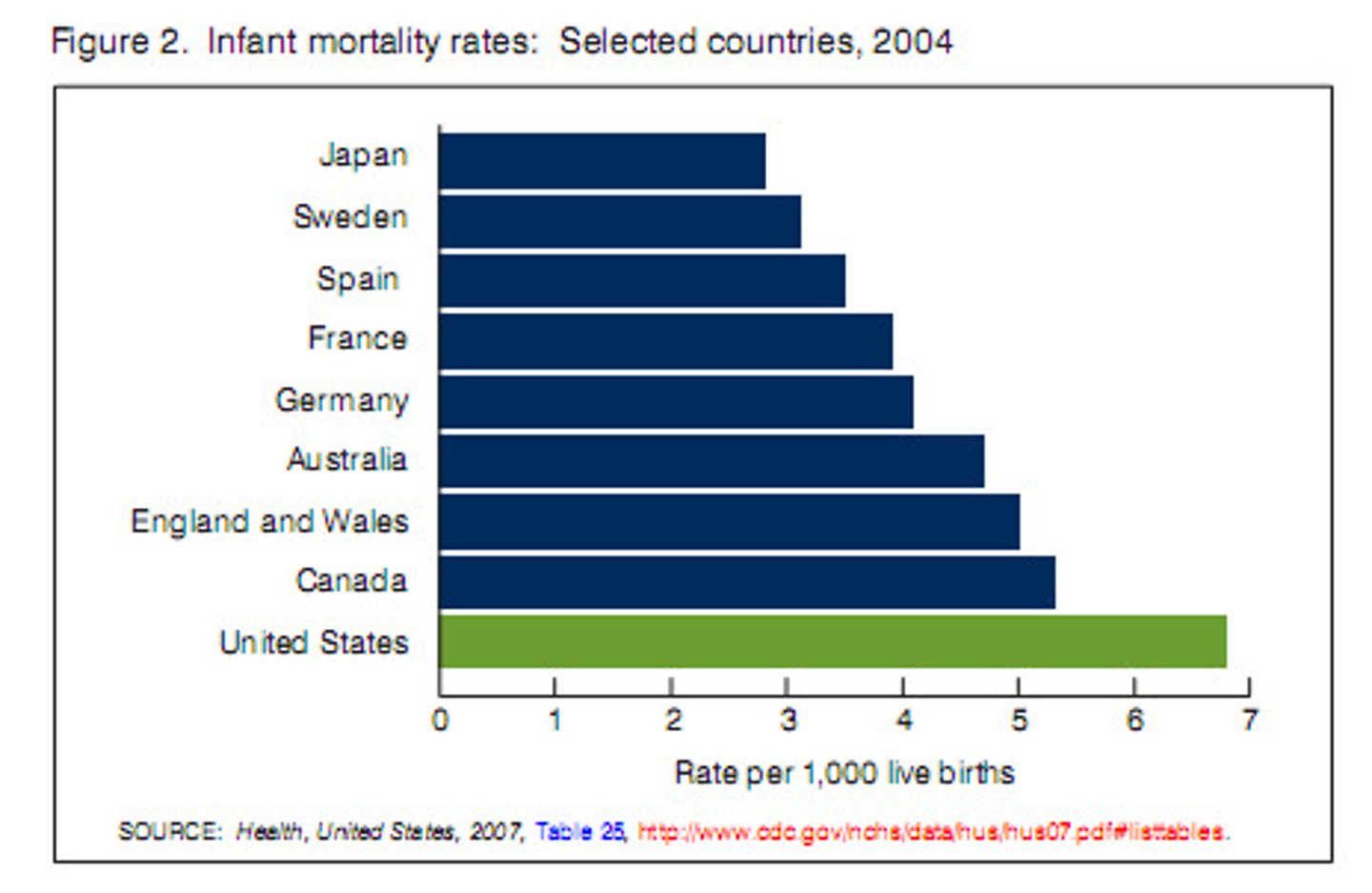
Infant mortality rate
The mortality rate in young children which, in the Medieval Era, linked to the death of women because of difficulties during birth

Beliefs: Religious
Punishment from God / to test a persons faith / sickness was proof of the divine / leprosy was taught to be punishment for sin
Religious censorship
When the Church (Roman Catholic) stopped progress by blocking new teachings, dissections and other new ideas from being taught

Beliefs: Supernatural
Ideas linked to mystery and magic. The idea of good and evil, but seperate from the church. For example, demons, witchcraft etc.
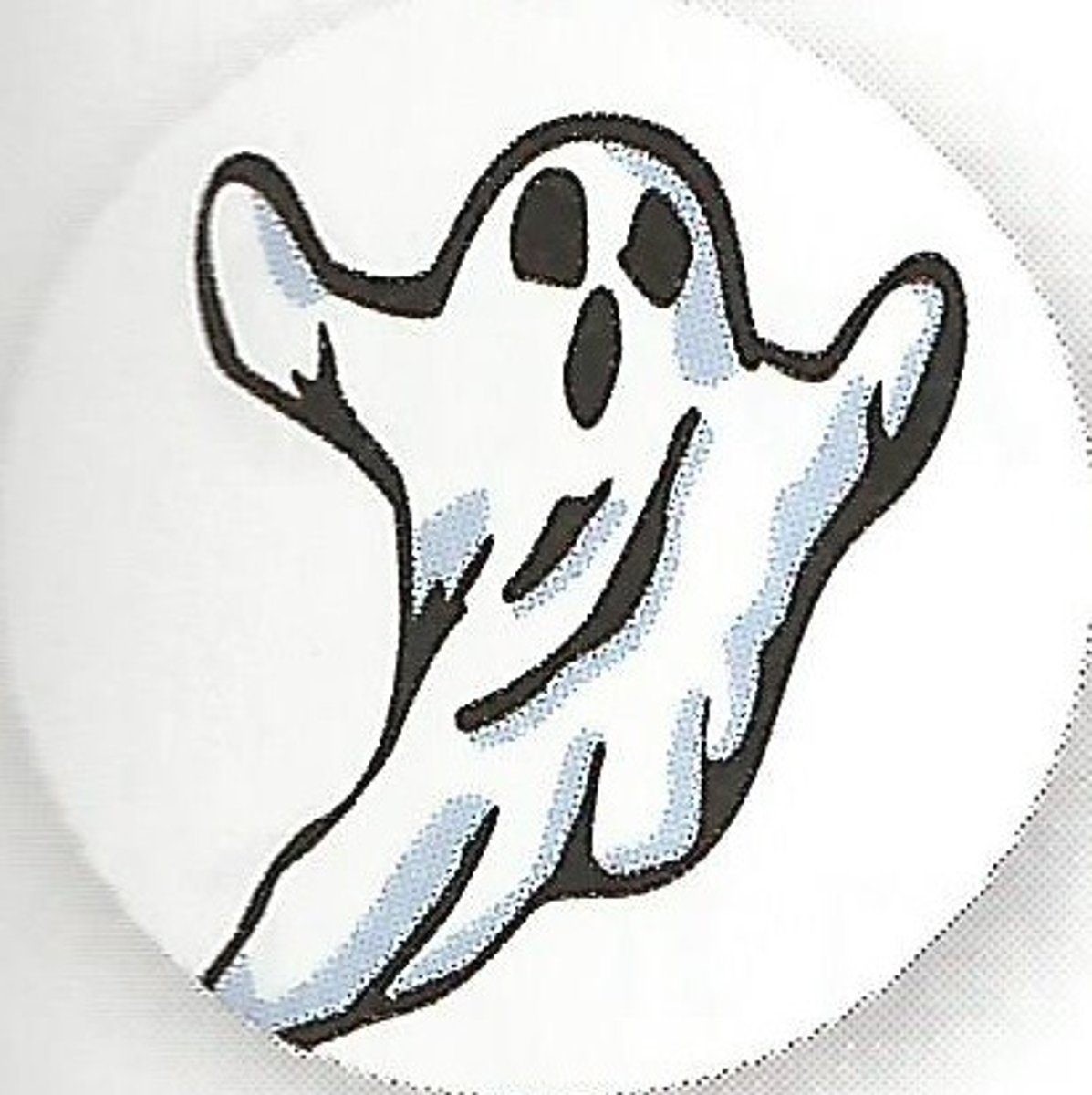
Beliefs: Miasma
Miasma meant 'bad air' and this was commonly thought to cause disease. Partially true when thinking about terrible stenches and decay
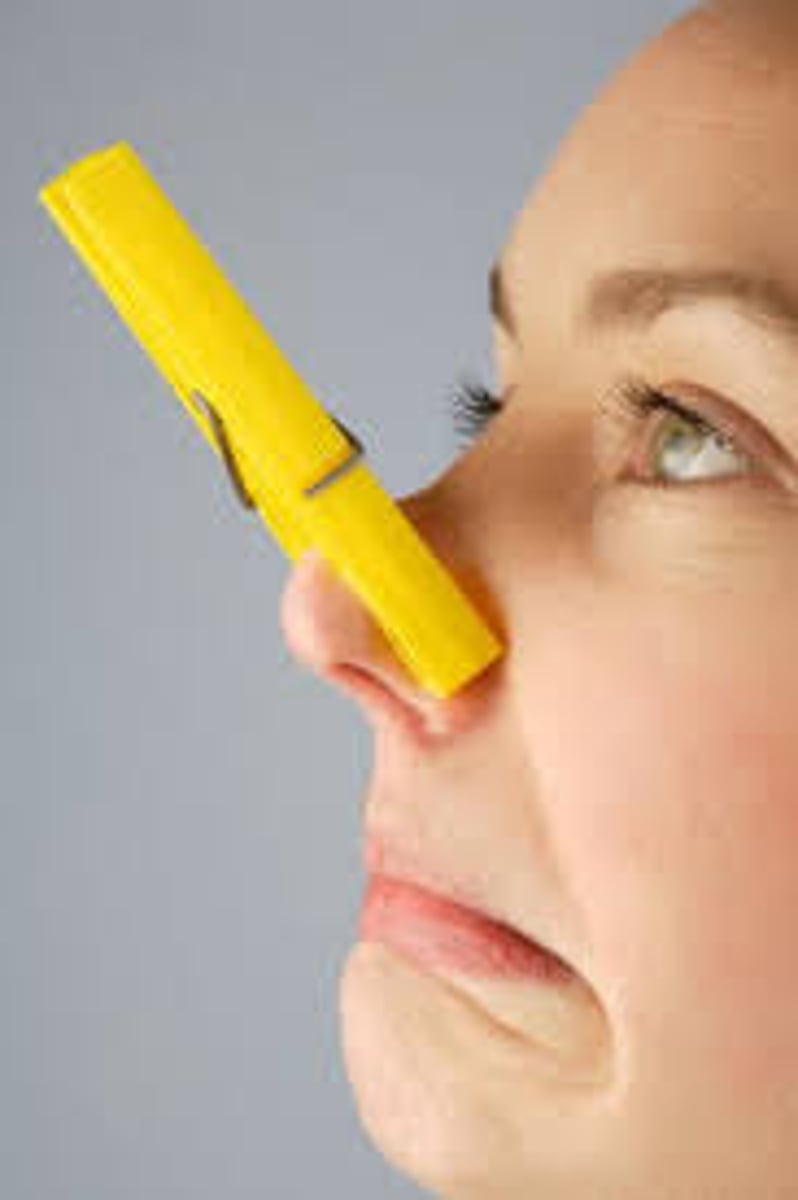
Beliefs: Astrology
Ideas about how the stars, planets and moons (astronomy) impact on the life of humans with disease and illness
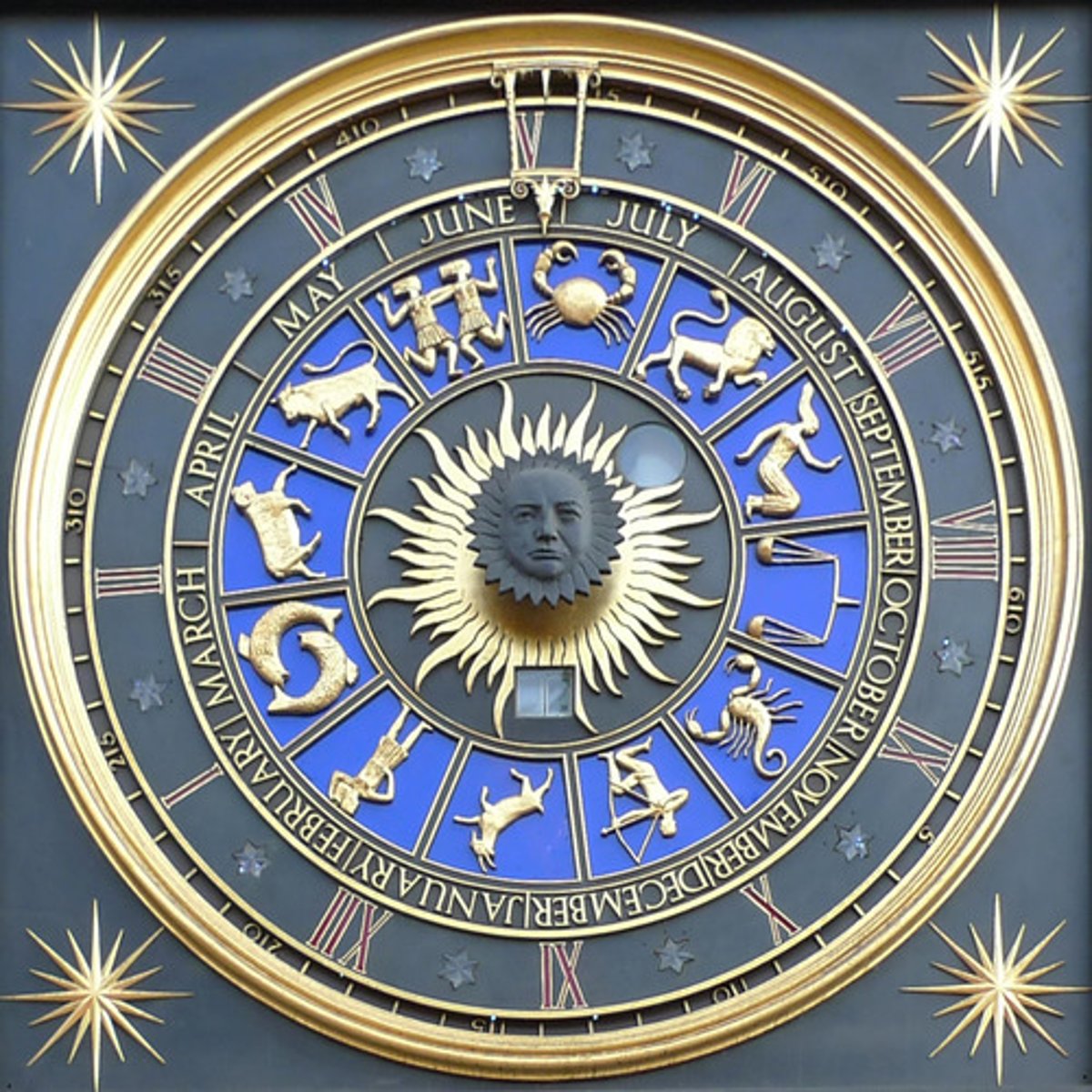
Misalignment
When a combination the stars, planets and moons are in an unusual position - usually a sign of something good or bad
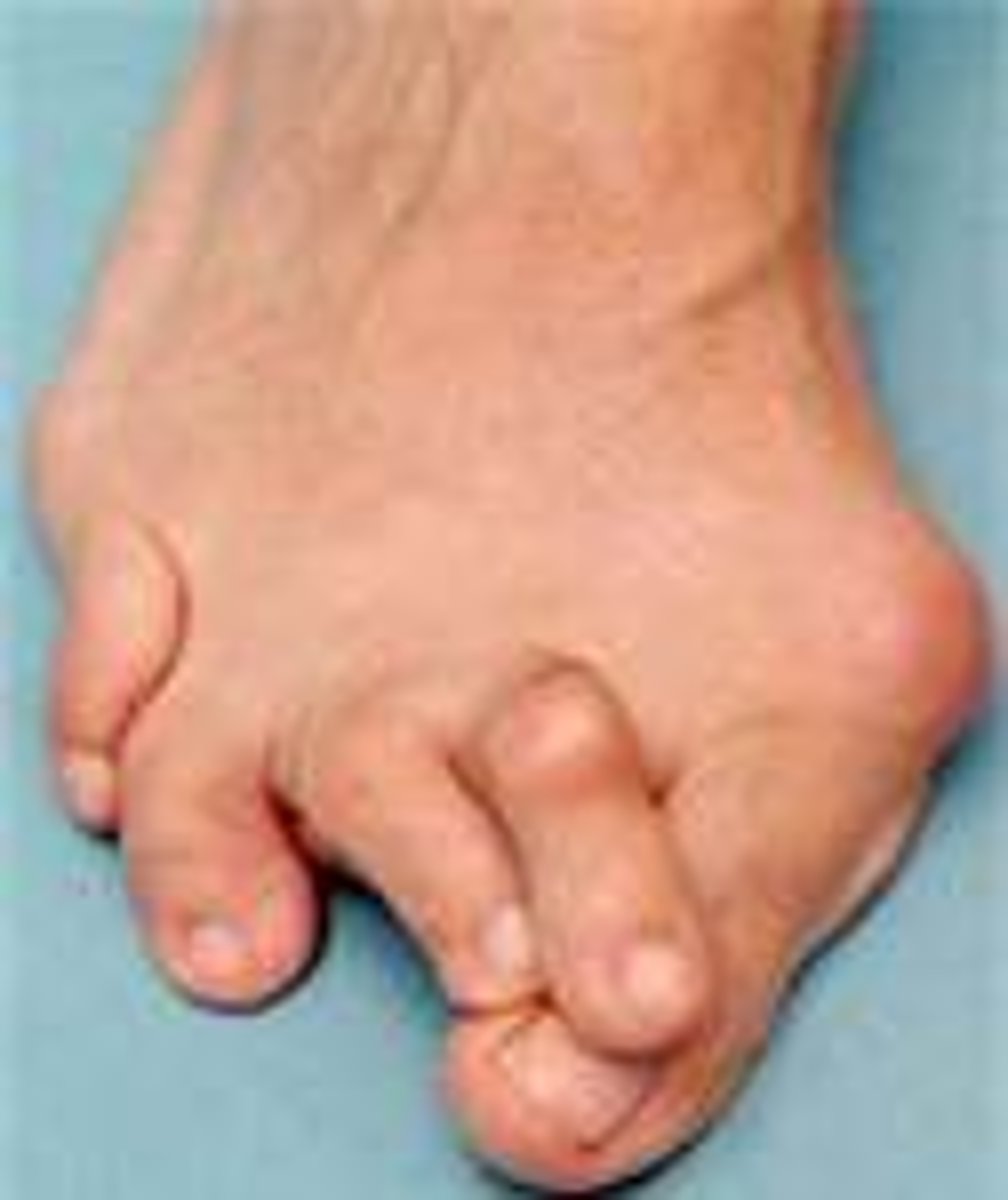
Beliefs: Theory of the 4 humours
First created by Hippocrates: the idea that the body is made of 4 liquids; phlegm, yellow bile, black bile and blood. If there is too much or too little of any of these then you may be ill because your humours were out of balance.
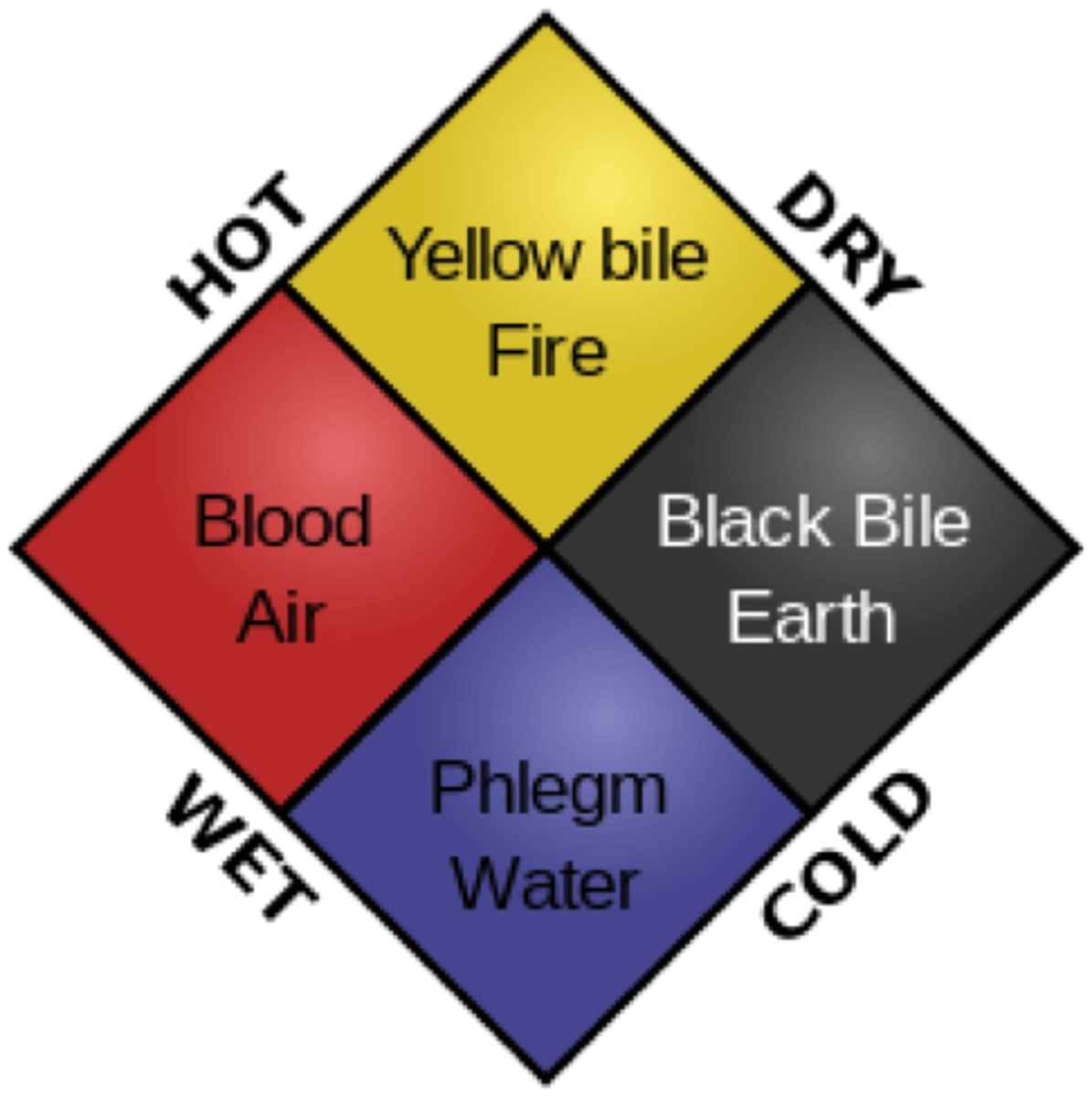
Equilibrium
When your humours are balanced and your body works in harmony with itself
